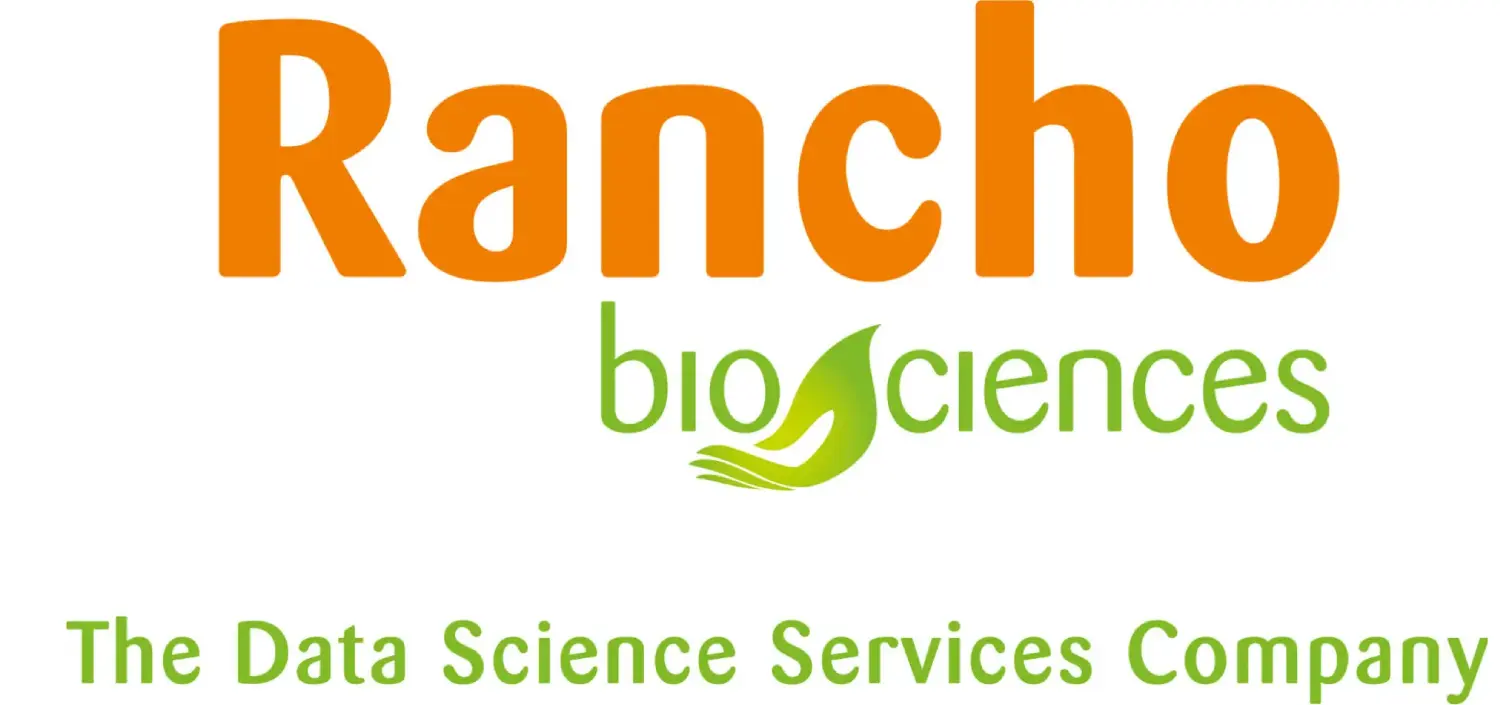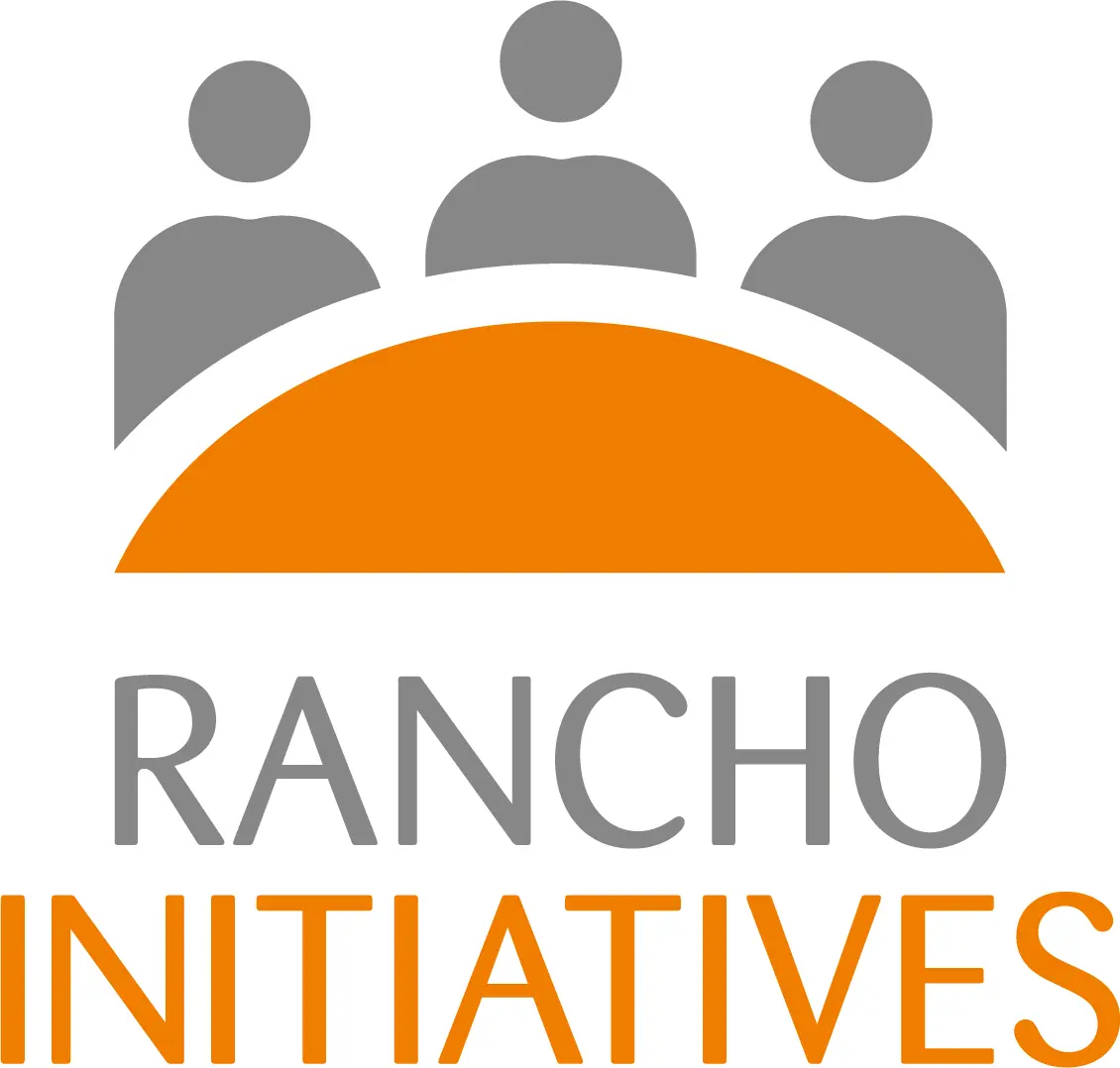
Single -Cell Data Science Consortium
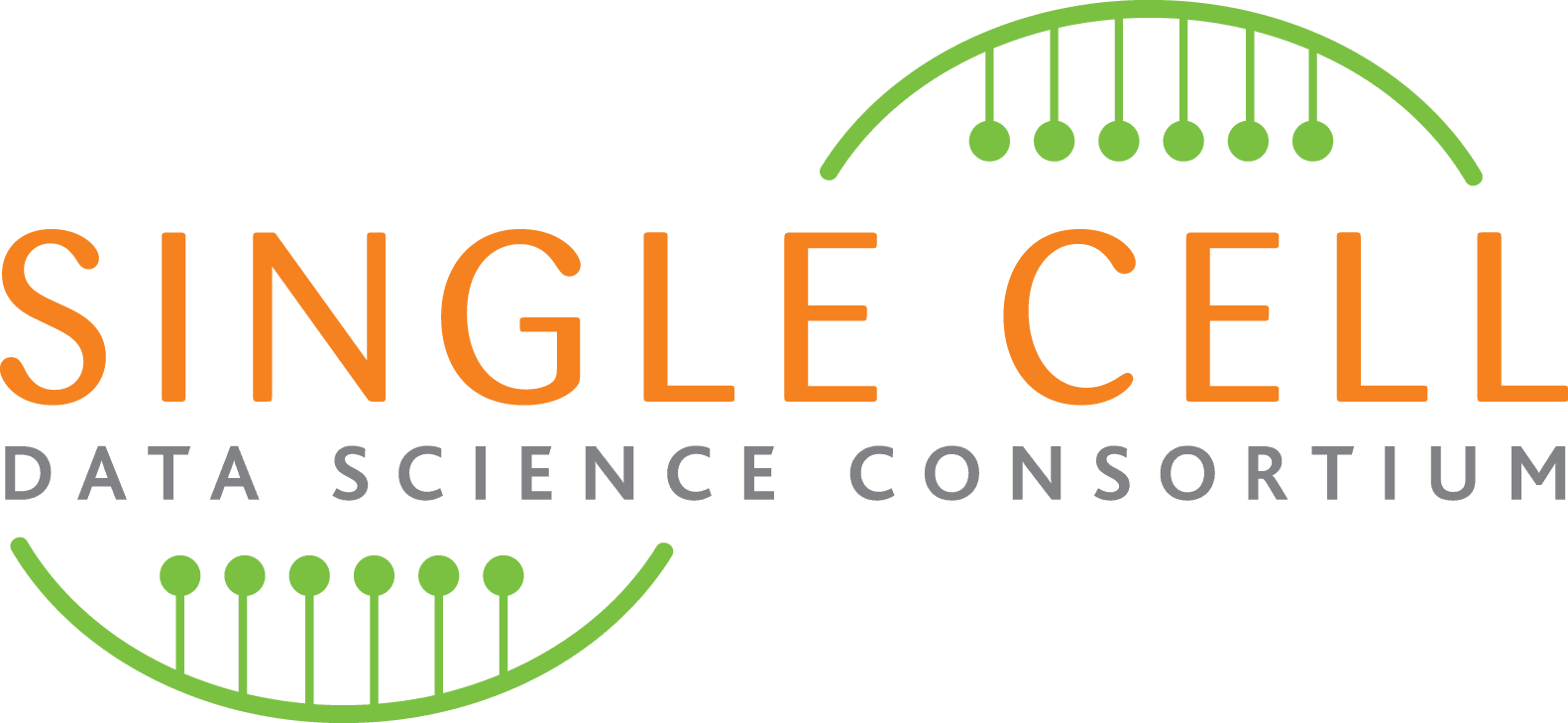
February 25, 2022, Rancho launched single-cell data science consortium with 4 charter members. This multi-year effort will deliver harmonized single-cell experiments more quickly and cost-effectively.
Due to their enormous potential for advancing drug discovery, there continues to be exponential growth in the use of single-cell sequencing methods, with pharmaceutical companies continuing to invest in them. In addition, there is an ever-increasing amount of single-cell datasets being generated and deposited in the public domain.
The availability of vast amounts of publicly available single-cell datasets offers pharmaceutical companies the opportunity to expand the universe of experiments available to their scientists manyfold. While many of these datasets are freely available, they come with hidden costs that hinder the ability of companies to exploit them to their maximum potential:
-
No common standards exist at present for publishing single-cell datasets.
-
It is time-consuming and laborious for pharmaceutical companies to find, download and curate single-cell datasets into an accepted common format so they can then be analyzed collectively.

Algorithms for analysis of single-cell data to help extract valuable information for drug discovery are also being published more frequently. However, it is challenging for pharmaceutical companies to:
Funded by pharmaceutical companies with common goals and needs in single-cell data, a pre-competitive approach will help to deliver:
-
Vastly more curated/standardized single-cell datasets than would be possible by one company for a comparable level of investment.
-
Intelligence to aid pharma companies in staying abreast of new algorithms being published.
-
Benchmarking to compare/contrast algorithms.
-
Implementation of algorithms, prioritized by consortium members, that are re-written from scratch and provided with suitable documentation and support.
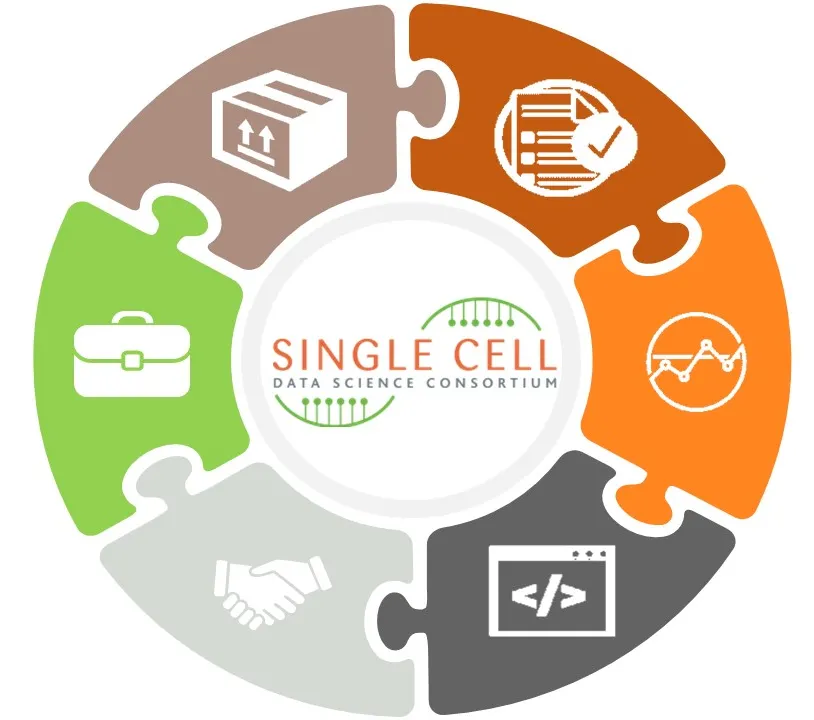
Single Cell Data Science Consortium (SCDS) Members
-
BenevolentAI
-
Bristol Myers Squibb
-
Eisai
-
Janssen Pharmaceutical Companies of Johnson & Johnson
-
Novartis
-
Regeneron
-
Takeda
-
Vesalius Therapeutics

Benefits of Membership
-
Cost sharing approach, with far superior ROI to what one company could achieve on its own. ROI will continue to grow as more members join.
-
With its expertise in data curation, Rancho can scale the effort much faster and more cost-effectively than a single company.
-
Ability to interact regularly with like-minded peers at other pharmaceutical companies, in a pre-competitive manner, to share common challenges they face in working with single-cell datasets and how the field can be advanced together


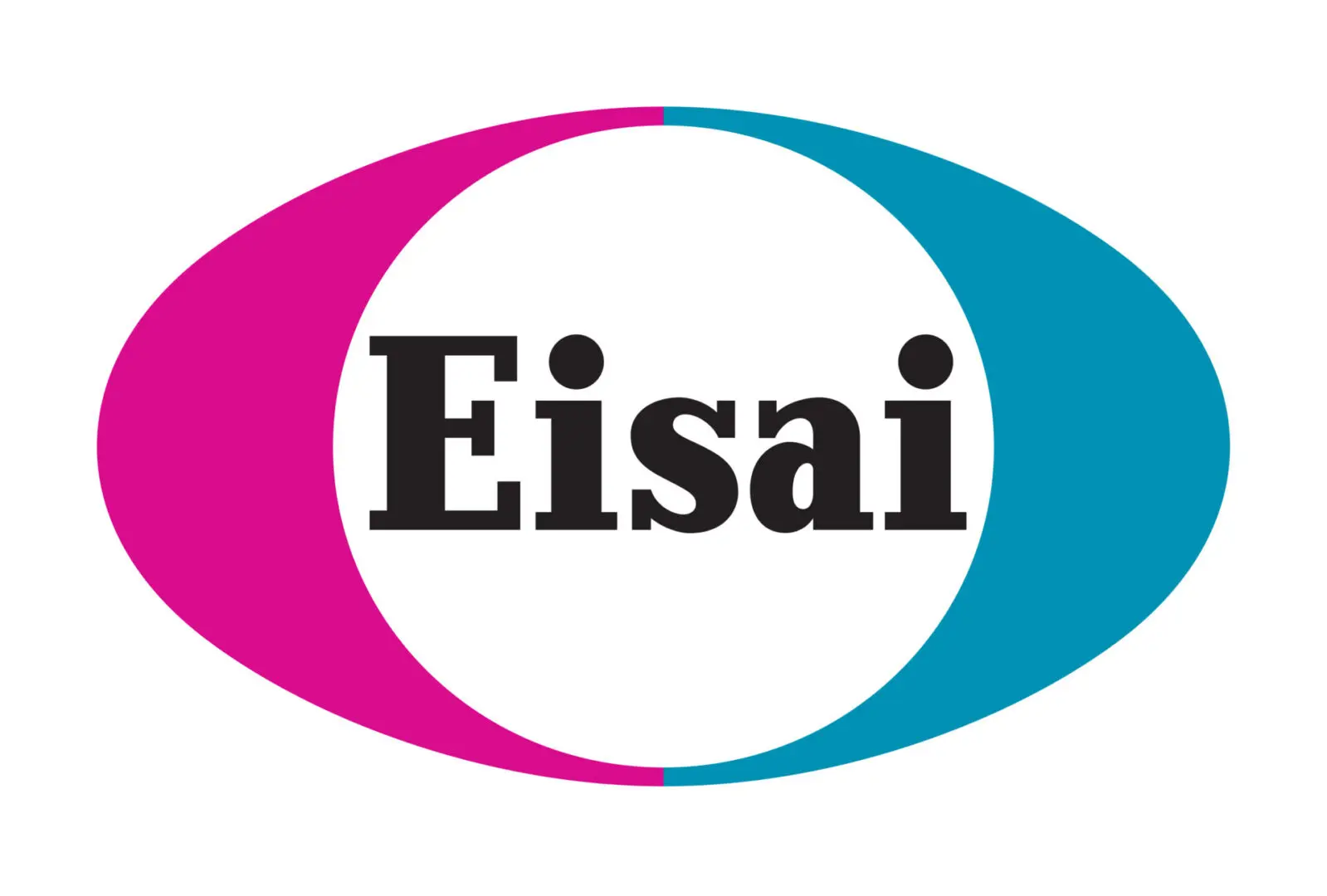



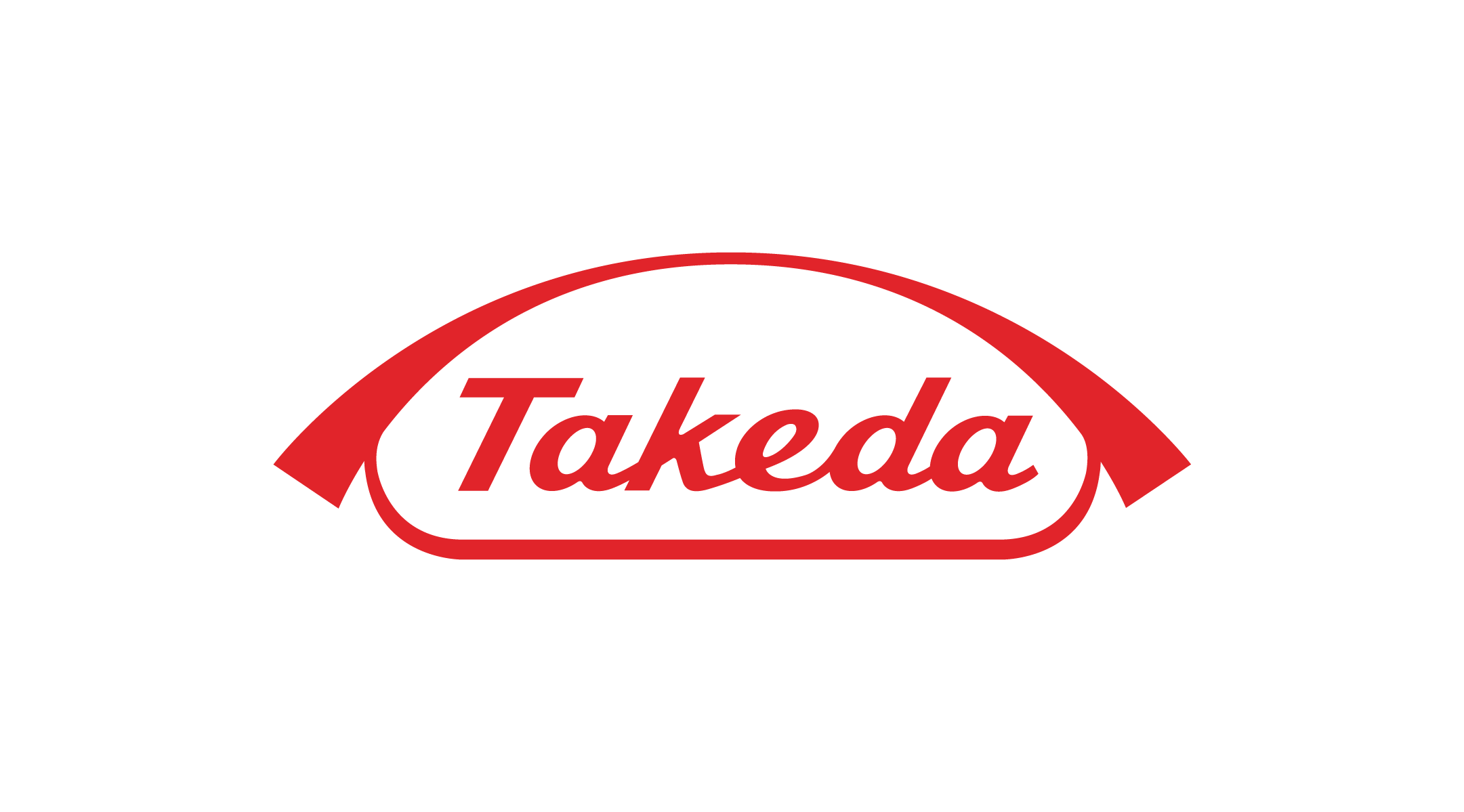

Membership in the Single Cell Data Science Consortium
New members are welcome to Join the Consortium.
If you would like to sign up please click the button below
Spatial Innovation Initiative (SII)
Pre-competitive effort to deliver harmonized spatial transcriptomics datasets more quickly and cost effectively.
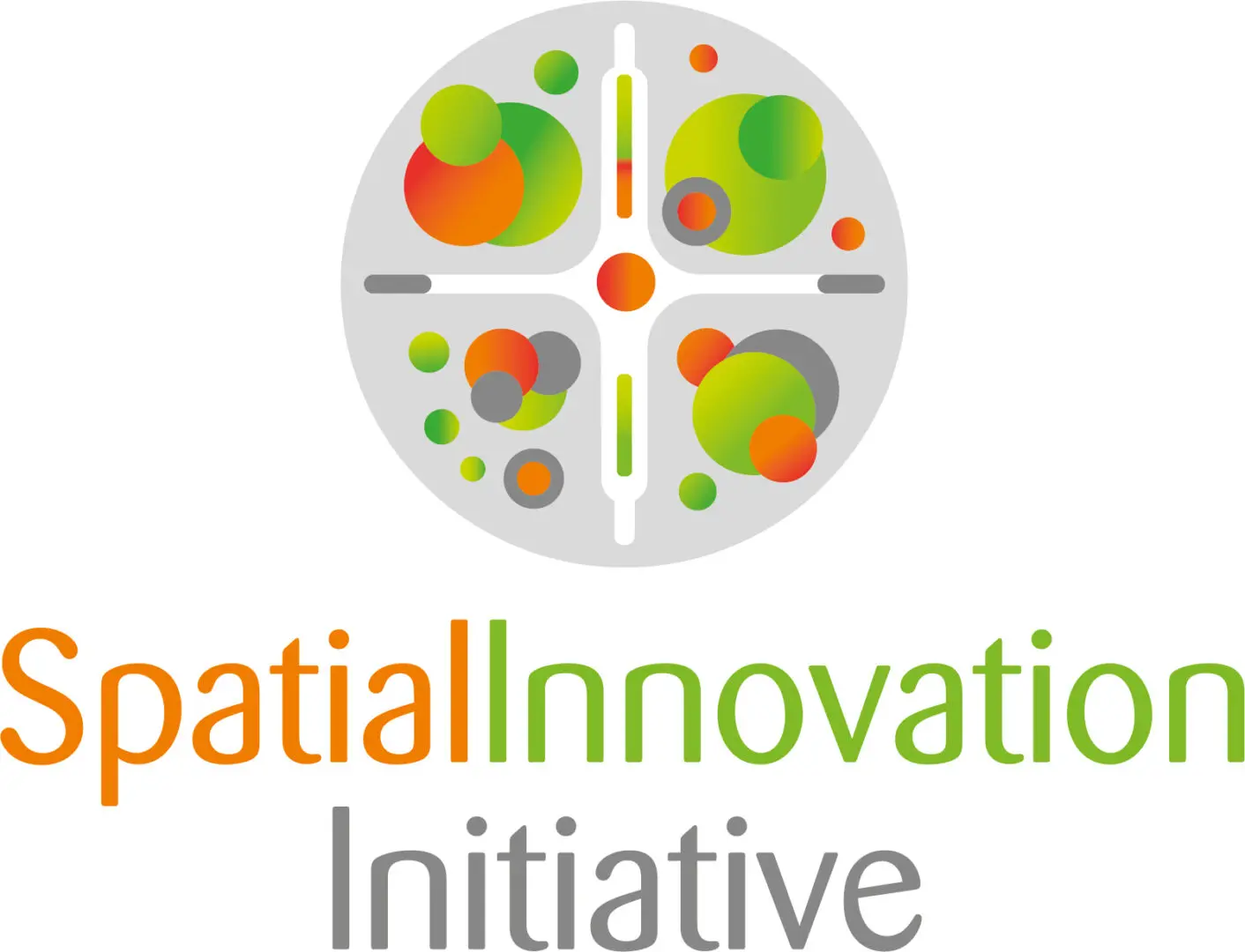
The use of single cell sequencing is having a profound impact on drug discovery and has fueled the explosion in single cell datasets that are available in the public domain. Orthogonal to scRNA-seq experiments, there are an increasing number of commercially available platforms that facilitate spatially resolved, high-dimensional assessment of gene transcription, known as ‘spatial transcriptomics’. This information is complementary to scRNA-seq and allows scientists to explore the spatial context of cells and cell types.
The growing availability of spatial transcriptomics datasets offers pharmaceutical companies the opportunity to leverage this emerging data lake. Despite this apparent availability, spatial datasets come with significant hidden costs that hinder the ability of companies to exploit them to their maximum potential:
-
No common standards exist at present for publishing spatial datasets
-
Multiple technology platforms for generating spatial datasets
-
It is time consuming and laborious for to find, download and curate spatial datasets into an accepted common format so they can then be analyzed collectively
Similarly, algorithms for analysis of spatial/imaging data to help extract valuable information for drug discovery are beginning to be published more frequently and present pharma companies with challenges
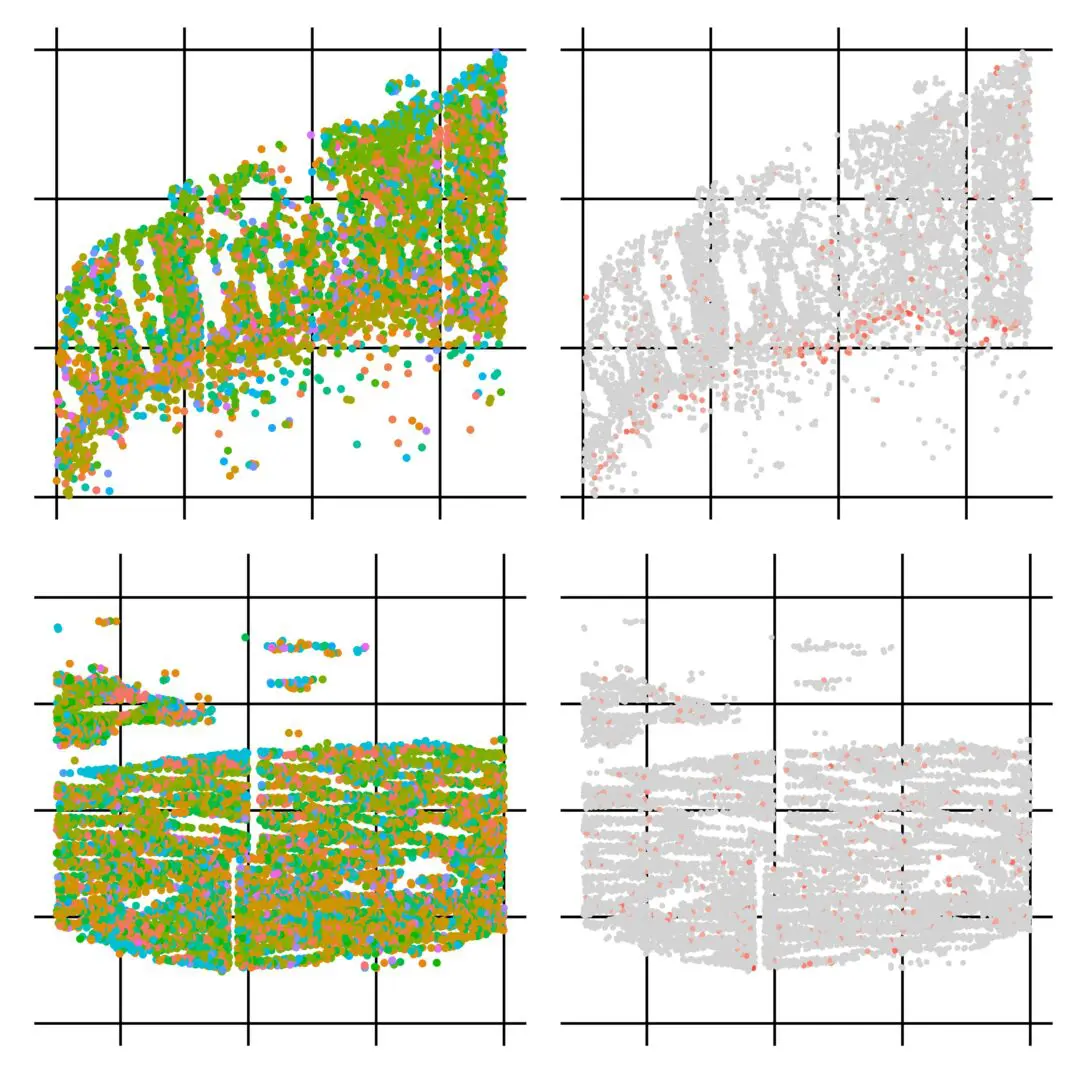
-
Stay abreast of all developments given the volume of algorithms that is being published.
-
Know which algorithms they invest time and effort in trying to use.
-
Implement these algorithms due to software quality and frequent lack of documentation.
A pre-competitive approach, funded by multiple biomedical research companies with common goals and needs in spatial data, will help to deliver:
-
Greater numbers of harmonized spatial datasets than would be feasible by one company for a comparable level of investment.
-
A coherent spatial data model, built upon Rancho’s extensive experience.
-
Intelligence to aid pharma companies stay abreast of new algorithms being published.
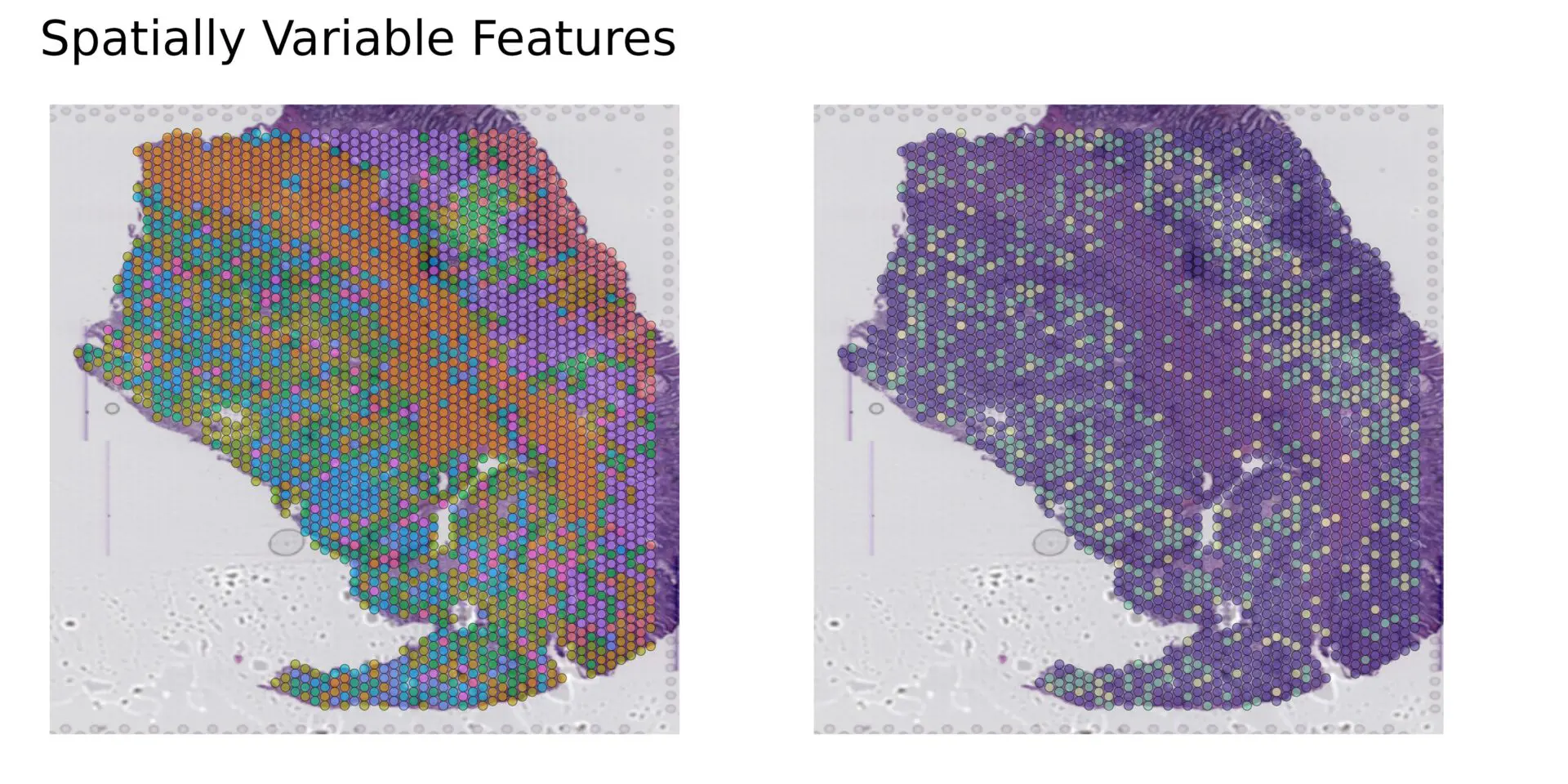
Building on our experience in running the Single Cell Data Science consortium, Rancho has recently established the Spatial Innovation Initiative (SII) with three Charter Members, to provide a pre-competitive, cost share forum and mechanism to help address these challenges. We plan to kick off SII in January 2024.
Benefits of Membership

-
Cost sharing approach, with far superior ROI to what one company could achieve on its own. ROI will continue to grow as more members join.
-
With its expertise in data curation and from robust workflows/processes developed in the Single Cell Data Science consortium, Rancho can scale the effort much faster and more cost effectively than a single company.
-
Ability to interact regularly with like-minded peers at other pharmaceutical companies, to share common challenges they face in working with spatial datasets/technologies and how the field can be advanced together.
Charter Members
-
EMD Serono
-
Takeda
-
A Top 10 Pharma Company
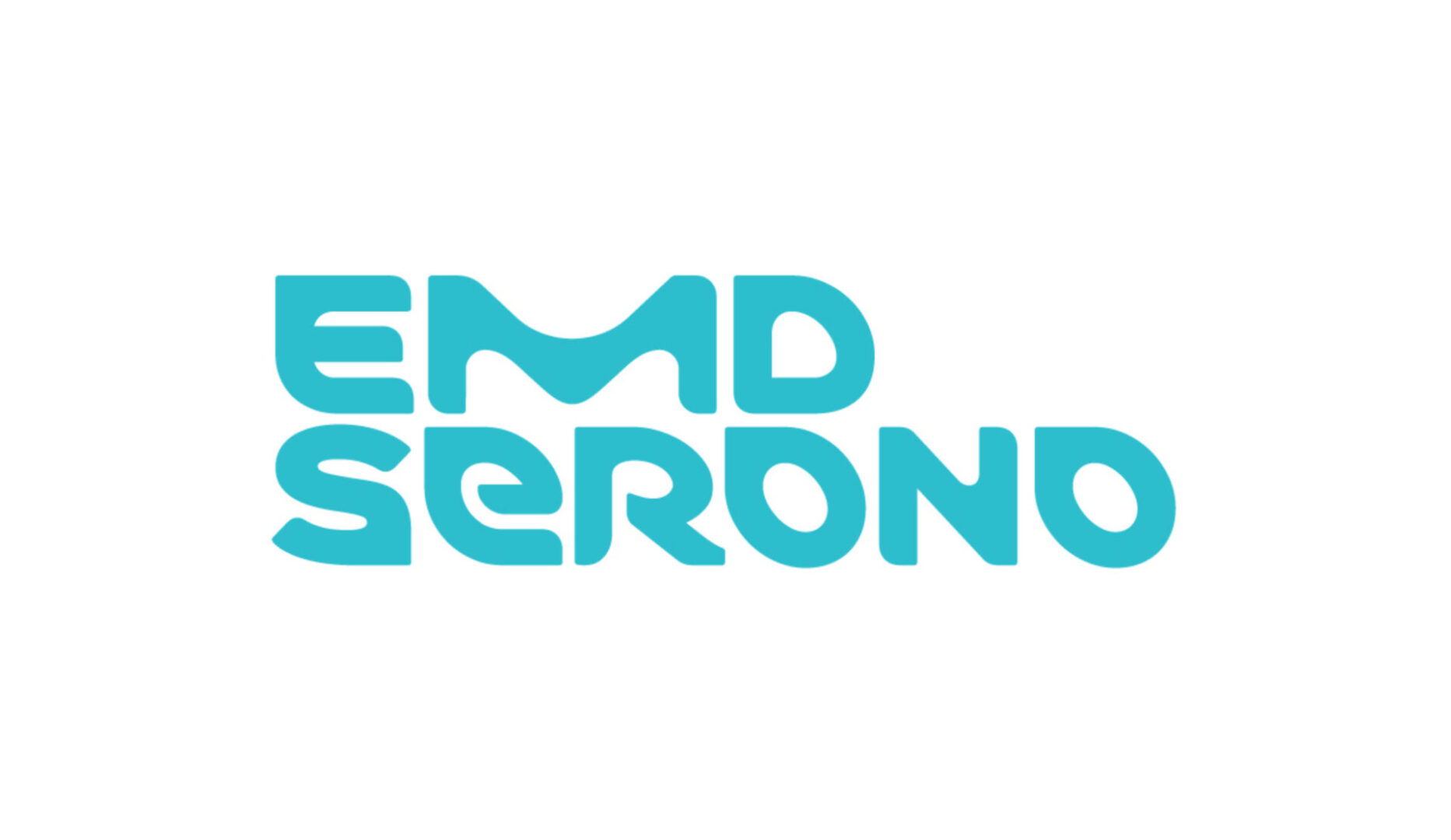

Membership in the Spatial Innovation Initiative
Rancho and our Charter Members in SII welcome the addition of more Members to help accelerate the delivery of harmonized spatial datasets, assist with surveillance and benchmarking of algorithms for analysis and implement algorithms prioritized by the Members.
New members are welcome to Join the Initiative.
If you would like more information on becoming a member in SII, please click the button below.
